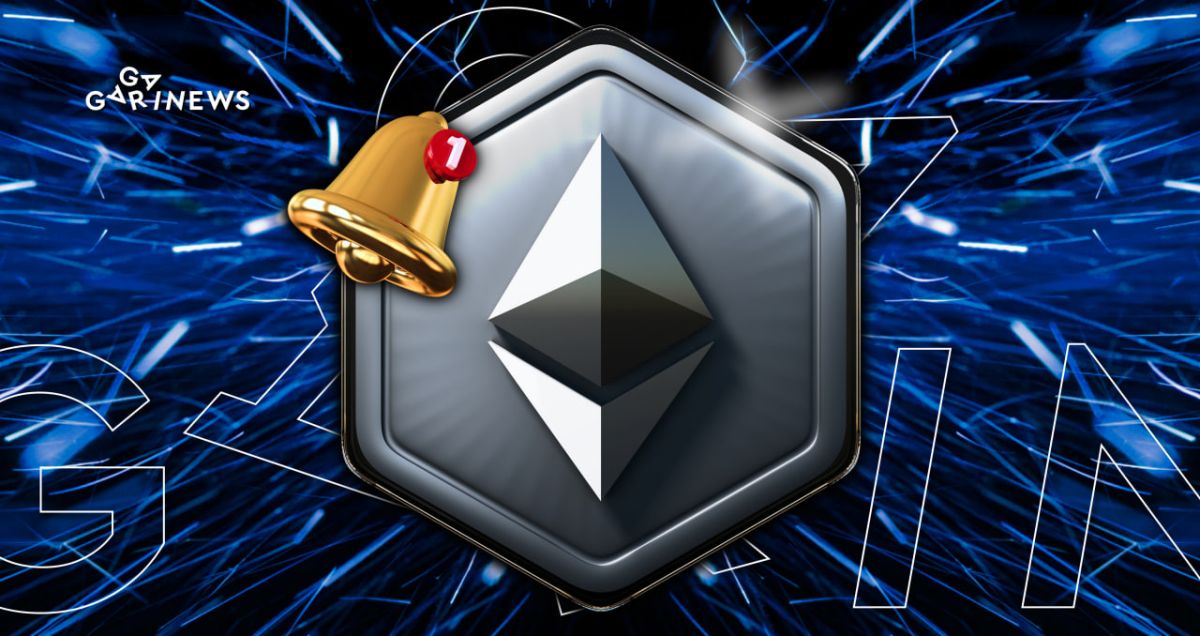With Ethereum’s new “feature” you can forget about seed phrases

Ethereum’s team unveiled a game-changing account abstraction at the WalletCon conference in Denver, taking the user experience of crypto wallets to the next level. Say goodbye to worrying about losing your seed phrase – now you can recover access to your funds without it!
On this page
This has become possible thanks to the ERC-4337 standard called EntryPoint, which recently passed a security audit by OpenZeppelin. The technology is available for Ethereum and other EVM-compatible networks, including Polygon, Arbitrum, Optimism, BNB Smart Chain, and Avalanche. L2 solutions such as Starknet and zkSync have also implemented ERC-4337 utilizing a modified version of the standard within the protocol.
A new type of account, also known as a Smart Account, offers a range of options and features, including:
- Signing transactions on your smartphone via biometrics (fingerprint or face scan);
- Setting daily spending limits on your crypto wallet;
- Making automatic or scheduled payments;
- Two-factor authentication;
- A wallet provider's or another service's coverage of gas fees.
It also allows you to create temporary signing keys that are valid only during the current session in a decentralized application or NFT game. This eliminates the need to confirm each transaction.
As for the seed phrase, it is still used. However, as mentioned at the beginning of the article, the wallet can be accessed without it, through trusted parties or a commercial service. The new experience of using crypto wallets will therefore be similar to the one that currently predominates in banking institutions.
Furthermore, while storing unique private keys in the device's memory, the account abstraction transforms your smartphone into a hardware wallet, akin to a Ledger or Trezor.
Account abstraction mechanism explained
In essence, built-in smart contracts enable the execution of account abstraction. The wallet signs the transaction and sends it to a special queue called the mempool. Bundlers, similar to miners or validators, collect these transactions, pay the necessary gas fees, and carry them out on the user's behalf. The gas fee is automatically compensated to the bundlers from the wallet or by a third party, such as a decentralized application.
The content on The Coinomist is for informational purposes only and should not be interpreted as financial advice. While we strive to provide accurate and up-to-date information, we do not guarantee the accuracy, completeness, or reliability of any content. Neither we accept liability for any errors or omissions in the information provided or for any financial losses incurred as a result of relying on this information. Actions based on this content are at your own risk. Always do your own research and consult a professional. See our Terms, Privacy Policy, and Disclaimers for more details.

























